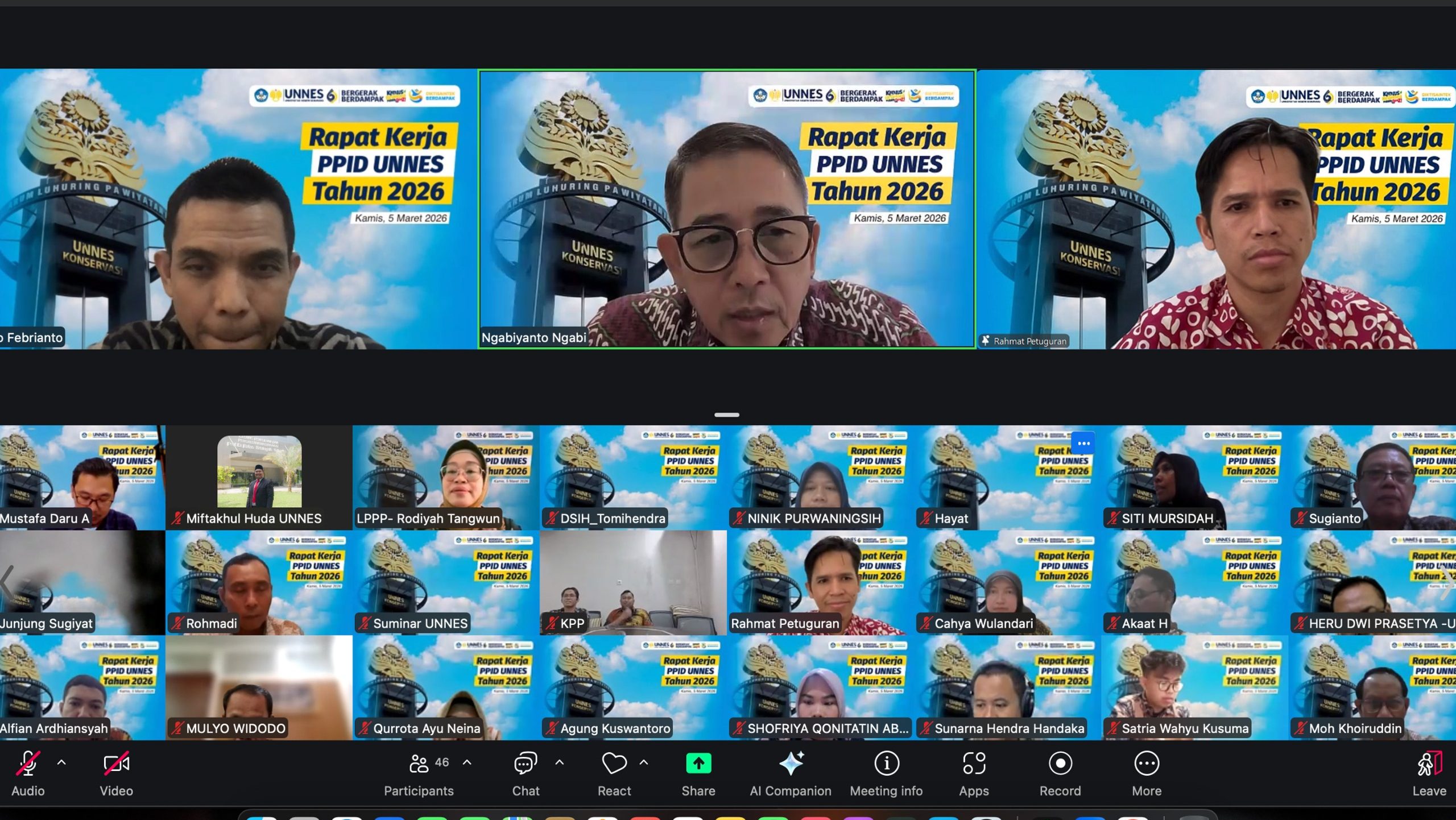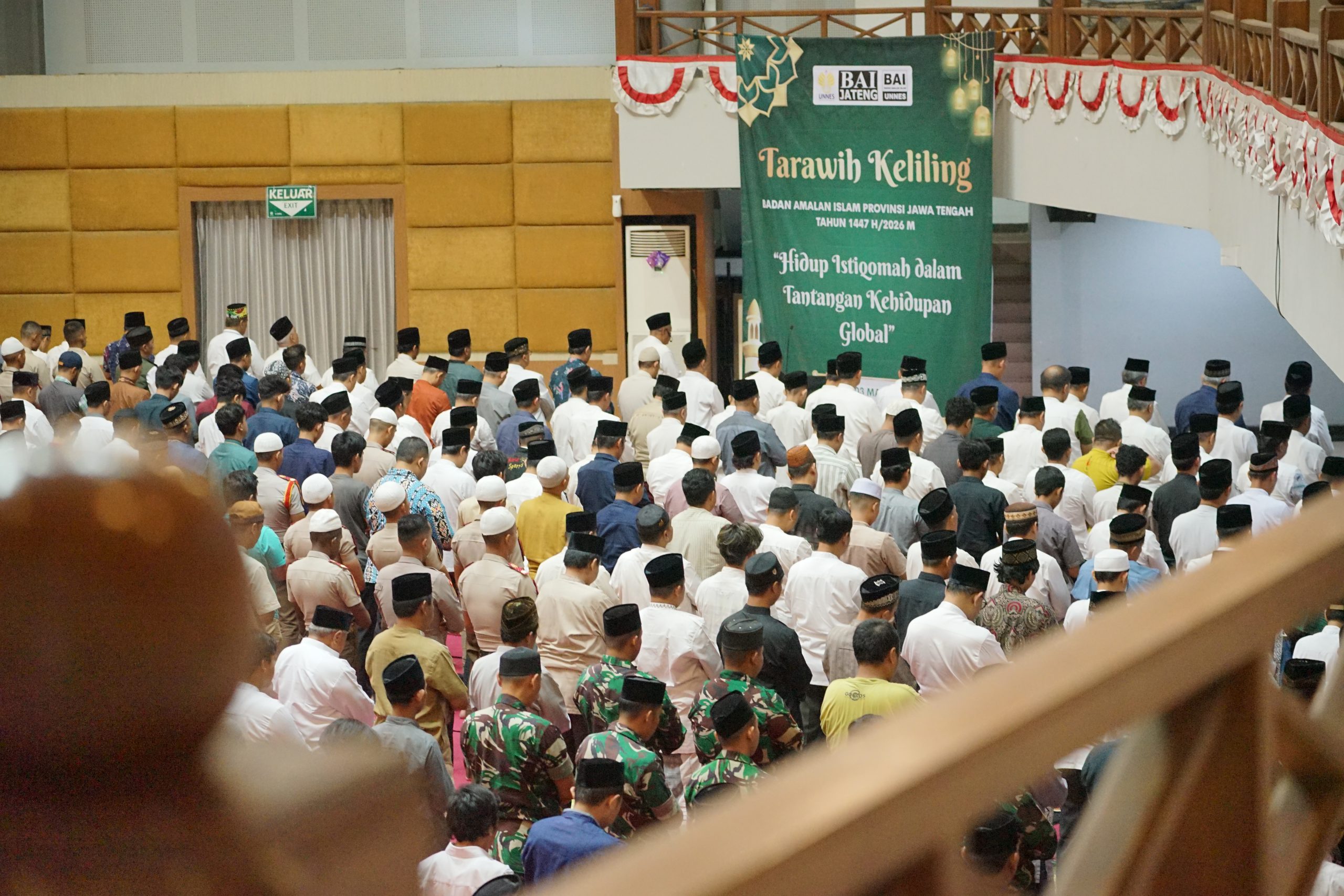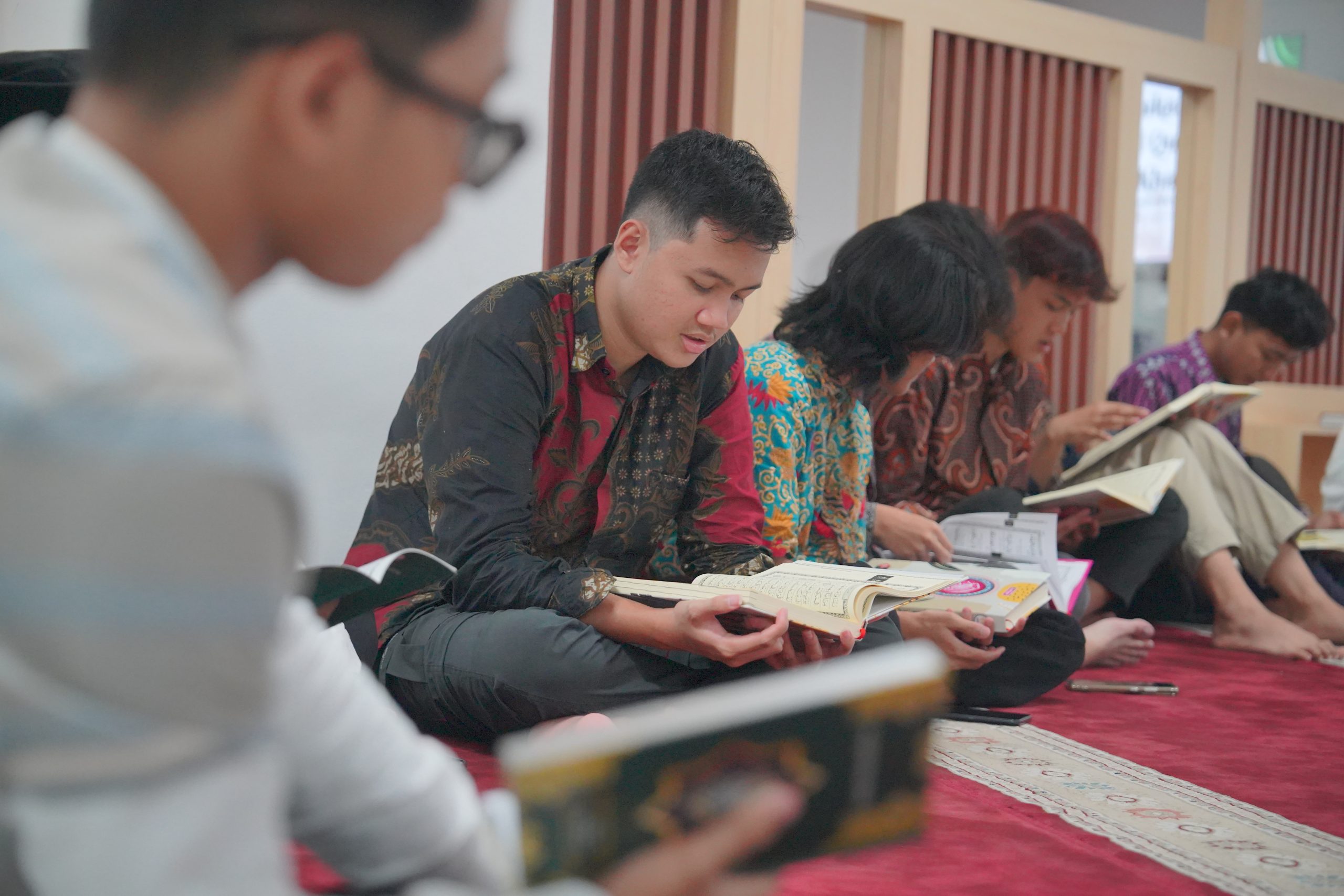Penyakit Demam Berdarah Dengue (DBD) masih menjadi salah satu masalah kesehatan utama yang mengancam masyarakat di Indonesia, termasuk Kota Semarang.
Upaya Pemberantasan Sarang Nyamuk (PSN) dilakukan untuk mencegah penularan DBD dengan menurunkan populasi nyamuk Aedesaegypti. Seperti yang dilakukan oleh kelompok Dasa Wisma Kelurahan Patemon RW 7 yang sudah aktif melaksanakan kegiatan PSN melalui pemeriksaan jentik berkala dan menggunakan obat nyamuk bakar atau oles untuk pencegahan.
Namun demikian, dalam melakukan pengendalian vektor nyamuk Aedesaegypti diperlukan penanganan yang ramah lingkungan agar tidak menimbulkan resistensi serangga seperti jika dilakukan menggunakan obat nyamuk bakar atau oles.
Hal tersebutlah yang mendorong dosen dan mahasiswa UNNES yang tergabung dalam program Pengabdian kepada Masyarakat bagi Dosen untuk melakukan pemberdayaan dan pelatihan Kader Jumantik dan pembuatan Suna Traps untuk menurunkan populasi Vektor DBD, Rabu (26/7).
“Kasus DBD didominasi oleh balita dan anak-anak, sehingga perlu adanya upaya dari ibu untuk ikut aktif melakukan pencegahan” ungkap Ketua pelaksana sekaligus dosen jurusan Ilmu Kesehatan Masyarakat FIK UNNES drh Dyah Mahendrasari Sukendra MSc.
Suna Traps merupakan metode pengendalian vektor yang tergolong baru dan dikembangkan pertama kali di Belanda. Menggunakan barang-barang bekas tak terpakai di rumah tangga, dan melatih ibu-ibu muda untuk membuat modifikasi Suna Traps.
Menurut peserta, Suna Traps modifikasi ini mudah dibuat dan mudah diaplikasikan. Hanya dengan menghubungkannya pada arus listrik, putaran kipas akan menyedot nyamuk dan memerangkapnya kedalam kandang nyamuk.
Kegiatan pengabdian masyarakat bagi dosen yang diprakarsai oleh tiga dosen Ilmu Kesehatan Masyarakat UNNES ini, yakni drh Dyah Mahendrasari Sukendra MSc, dr Fitri Indrawati MPH, dan Bertakalsa Hermawati SPsi MSi merupakan perwujudan nyata salah satu tri dharma perguruan tinggi dan memberikan kebermanfaatan UNNES untuk masyarakat di sekitar lingkungan kampus.
(Dwi Hermawan, Student Staff)



